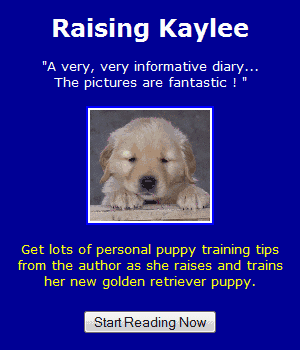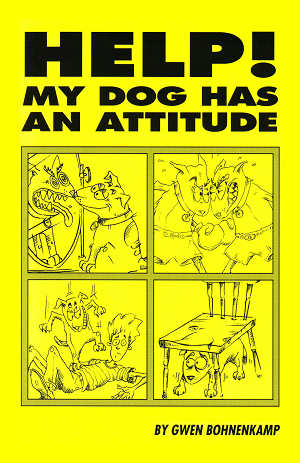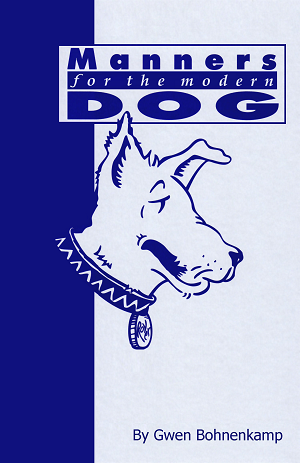How to Stop Puppy Biting
Take Action and Train a Puppy Not to Bite !
Several steps are necessary to effectively teach your puppy to stop biting. First and foremost, the puppy needs an outlet for biting. This is best accomplished by allowing her to play with other puppies and socialized dogs.
Another outlet for puppy biting is toys. Make sure there are plenty of toys and chewies around for your puppy to bite and play with. It's no good for the toy to be in the next room when you need it here and now. I like to keep my home and yard literally littered with toys so one is always within reach.
Second, we have to effectively instruct the puppy that biting is not allowed. But before the puppy will accept this instruction from you, it's important that your puppy look at you with respect and trust. This is accomplished through the cradling and chill exercises. Once your puppy learns to cradle and chill, then you can begin teaching your puppy to stop biting. (See related reading training video and article below).
If you limit training to reprimanding your puppy for biting without giving an outlet for the biting, you will only frustrate your puppy and create more problems.
It's ok to let the puppy gently mouth you in the beginning and only reprimand hard bites. Once your puppy catches on, then it's time to redefine a "hard bite" and consider all biting as too hard. At this stage in the training you must now teach your puppy that NO MOUTHING OR BITING IS EVER ALLOWED, no matter how "soft" the mouthing or biting might be. Your puppy must learn that humans are "off limits"!
Another exercise that will help your puppy understand how to appropriately use their teeth is to teach them to take food gently from your hands and fingers.
Third, it's best to work when you're sure to succeed. Don't try to teach your puppy anything when you're unprepared. Set up training sessions when you have your full wits about you and the puppy is neither tired nor overly worked up.
Another technique to try is a taste deterrent. But this should only be used after the puppy is cradling and chilling for you without struggling.
Remember, if your puppy does not trust and respect you, then you will both be frustrated on all levels of training, whether it be biting or housetraining or calling your puppy to come to you.
Stop Puppy Biting Video
Share with friends !These articles may also be of interest...
^ Top of Page


